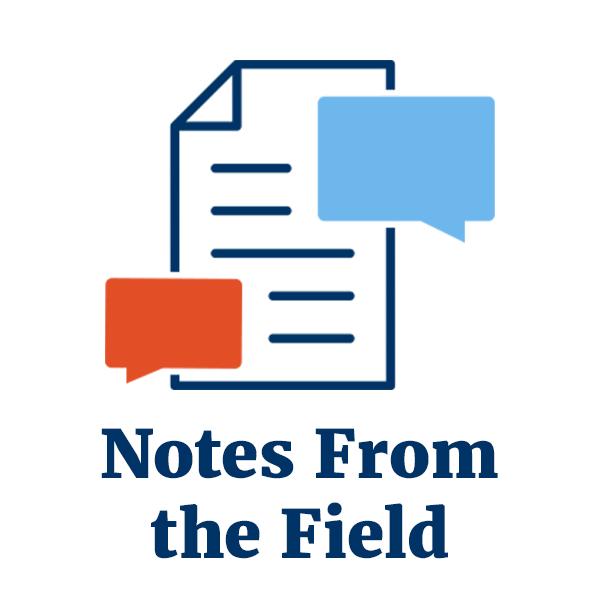I was on Boylston Street when the bombs went off at the Boston Marathon in 2013, a deputy superintendent with the Boston Police Department at the time. Shortly after the bombing, I was assigned to the Boston Regional Intelligence Center — the BRIC — where I led a team of detectives doing triage work on terrorism-related tips in the Boston area. By the time I was appointed chief of the Boston University Police Department in 2017, I had spent a lot of time thinking about law enforcement’s role in preventing and responding to terrorism incidents. In my experience, I’ve learned that constant connection with the community and other law enforcement agencies is the most effective means to prevent and respond to terrorism.
The Power of Information
When it comes to terrorism, what we don’t know can kill us and information is power. Collecting and sharing information has been important for me since my days with the Boston Police Department, and it remains one of my top priorities. As chief of the Boston University Police Department, I stay in daily contact with other local police departments and the City of Boston Fusion Center, which encompasses the nine cities and towns of the Metro Boston Homeland Security Region. I subscribe to all of the BRIC notifications and communicate weekly with the surrounding colleges and universities about upcoming events and ongoing concerns. This continuous communication and information sharing helps me stay apprised of local trends and threats.
Sharing information with the communities we police is also important. Education and reaching out to the community is a big part of this, particularly in a university setting where we have such a transient population. I speak at all of the university’s orientations and do a lot of outreach to all of our students, faculty, and staff. Our department follows patterns and trends in terrorism across America and the world, and do outreach to our students to make sure they hear and understand potential threats.
We’re always pushing out the message of “See Something, Say Something,” and explaining what that means to the members of our university. I remind students that soon after they join the Boston University community, they become experts in their normal, day-to-day lives. The “something” in “See Something, Say Something” is anything that seems bizarre and out of place, sparking their “Spidey senses” or otherwise causing them to pause. I want all of the members of our community to know what “See Something, Say Something” means, and to call us when something is amiss.
In doing this outreach, it’s important to share the facts — and bring attention to misconceptions about terrorism or problematic profiling. Wearing a hijab is not suspicious. Neither is an individual’s ethnicity or race. We emphasize that it is behaviors, not an individual’s appearance, that makes a person suspicious.
Help From Our Friends
I preach the importance of establishing strong relationships during the good times. As a law enforcement executive, get to know your local police officers. I’m on a first-name basis with the leadership of our local law enforcement organizations, have their numbers on my cell phone, and am in frequent contact. We meet and train together regularly. Boston University offers programs that the municipal police can avail themselves of, and I make sure my officers attend all relevant meetings at the Boston Police Department and elsewhere.
Being present and keeping these relationships well-oiled is really important. You don’t want to be cold calling somebody when a bomb goes off. You want to be able to pick up the phone and communicate easily with people you already know and trust.
The importance and value of these relationships also holds true for our communities. I am a big advocate of community policing and the importance of building community trust. “See Something, Say Something” doesn’t work if the individuals within a community don’t reach out to us because they don’t trust us to respond.
With 54 sworn officers, the Boston University Police Department is a lot smaller than the Boston Police Department, where I spent the first 33 years of my law enforcement career. Yet at both of these agencies, the core of our terrorism prevention and response strategy is the same: communication. Access to information and strong relationships are the most effective means to prevent a terrorist incident, and ensure an optimized response in the event that any such incident did occur.
About “Notes From the Field”
The National Institute of Justice (NIJ) is the research, development, and evaluation arm of the U.S. Department of Justice. NIJ aims to address the critical questions of the criminal justice field, particularly at the state and local levels. NIJ Director David Muhlhausen developed the “Notes From the Field” series to allow leading voices in the field to share their strategies for responding to the most pressing issues on America’s streets today. “Notes From the Field” is not a research-based publication. Instead, it presents lessons learned by law enforcement executives and other on-the-ground leaders, from years of experience and thinking deeply about law enforcement issues.


